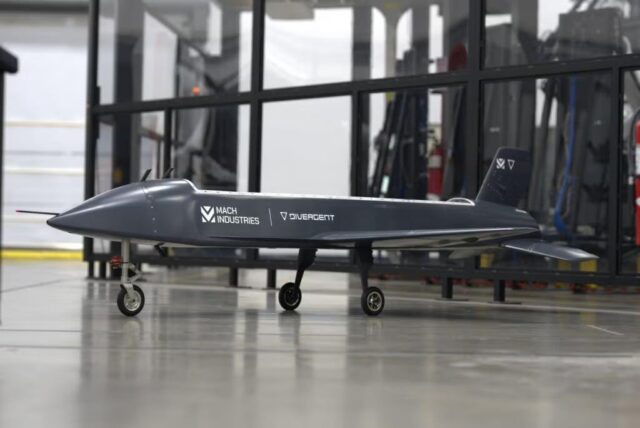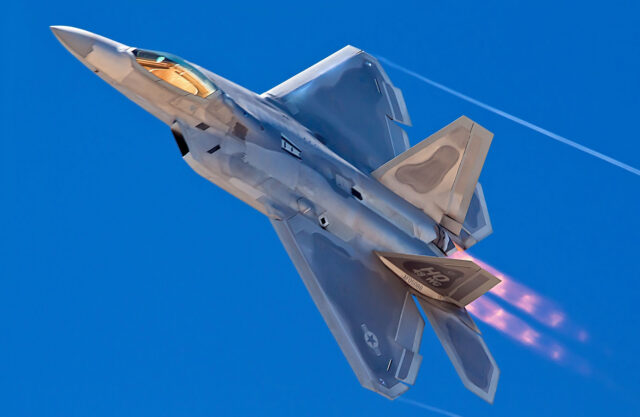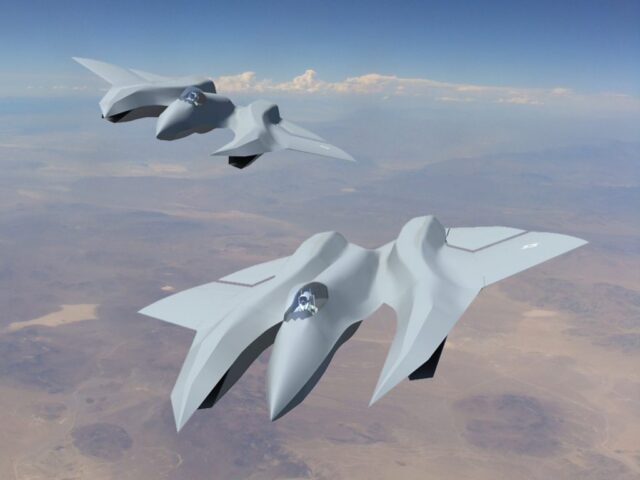Airbus, French military ink 8-year cybersecurity deal as cyberware becomes increasingly critical

July 19, 2025

Airbus and the French military signed an eight-year defence cybersecurity contract. In concert with other leaders in NATO, France is working to develop its cyberwarfare capabilities to meet the realities of modern war.
Airbus and French military sign 8-year cybersecurity agreement
Airbus Defence and Space announced it has launched a “framework contract for the training and education of all cybersecurity experts at the Ministry of the Armed Forces” with the French military. The agreement was signed with the French Directorate General of Armaments (DGA) with the aim of training cyber warriors in the armed forces.
The agreement includes Airbus’ co-contractor Neverhack. It will equip France’s Cyber Defence Academy of the Cyber Defence Command (COMCYBER) in Brittany with a cyber defence training centre.

Airbus says the contract spans the development, production, and operational maintenance of training platforms together with training and coaching services. The new centre will provide “specific training courses dedicated to different cyber specialists.”
Cyber training and exercises are to cover the “entire spectrum of cyber threats.” Airbus specifically lists malicious attacks using malware, denial of service, data theft, information manipulation, and cyber influence operations such as disinformation on social media. Airbus will also target the emergence of new threats and technologies.
While many are focused on the conventional shooting war between Russia and Ukraine, there is a large ongoing cyber war that includes disinformation on social media and quests to dominate the electromagnetic spectrum.
France’s significant focus on cyberwarfare
Janes notes that in 2023, France took part in NATO’s Orion exercise, France’s largest training exercise in decades. It included 19,000 military personnel from European countries and the United States.
The exercise included simulated large-scale multidomain operations, developing scenarios in all domains, including cyber, space, and electromagnetic domains.

According to Janes, ‘DEFNET’ is a French military exercise that focuses on enhancing France’s cyber-warfare capabilities, aimed at training for high-intensity cyber combat. DEFNET is led by COMCYBER, and the last exercise took place in March 2025.
The COMCYBER website states, “COMCYBER is the authority for cyber defence within the Ministry of the Armed Forces.” It also says that more than 4,000 cyberfighters are employed by the French ministry, and that number is set to grow to over 5,000 personnel by 2030.
Cyber, a new domain of warfare
Cyber covers a broad range of areas and is vital to the way modern militaries fight and communicate. In the skies, aircraft are only becoming more connected and more vulnerable to cyberattacks, and this is set to accelerate.
The electromagnetic spectrum is considered the new ‘high ground’ of warfare. The country that controls the narrow bandwidth of usable electromagnetic spectrum will have a massive advantage. In Ukraine, this remains a contested domain.
The 6th-generation fighter jets currently under development are also being designed with an eye towards cyber warfare. They are being equipped with crucial capabilities for cyber warfare, including high-capacity networking, AI, and enhanced human-machine interfaces.

For example, the UK-led Tempest/GCAP fighter in development is being designed to be capable of operating in a contested electromagnetic and cyber environment. A key aspect of the jet will be a robust and resilient software ecosystem designed to ensure it can withstand cyberattacks.
In the United States, the US Cyber Command (USCYBERCOM) unifies the various US military cyberspace commands from the Air Force, Navy, Army, and Marines.
It was established in 2010 and since 2018 has been one of the eleven unified combatant commands of the US Department of Defense.
















